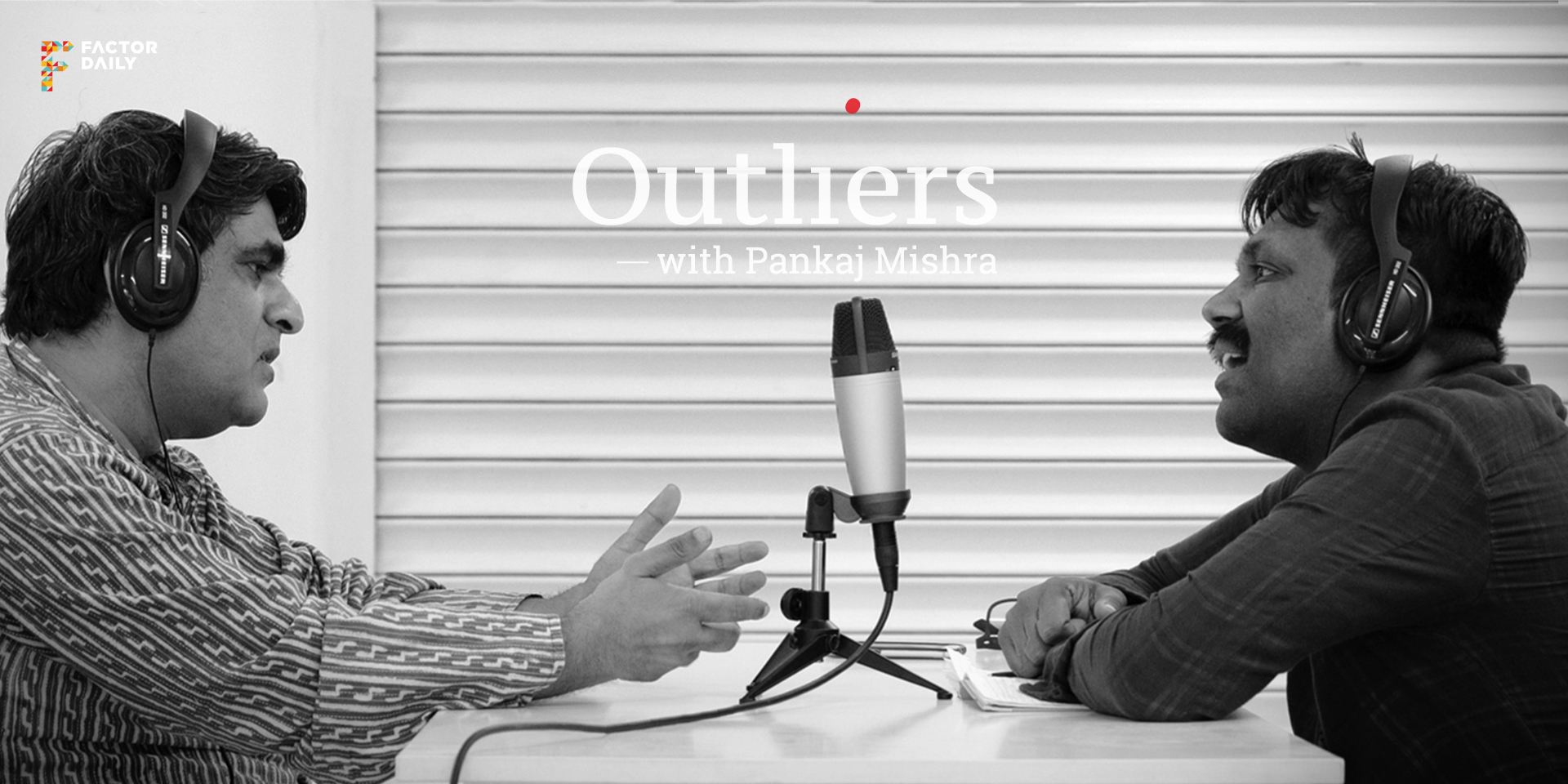Remember redBus? The online bus ticketing company that revolutionised that space.
When I first heard of redBus’s $125 million sale to the Ibibo Group in June 2013, I questioned the timing and said that it was an opportunity lost to create a truly Indian, next-generation company.
Later, when I met redBus founder Phanindra Sama and voiced this to him, his answer dwarfed my reasoning. “If you make 10-20 times the money much later in your life versus whatever you make now, as long as it is significant, I would take the money now because my parents are getting old,” he told me in this interview with Mint in September 2013.
In this week’s Outliers, I speak to Sanjay Anandaram, a former Wipro executive who now mentors startups and mentors founders. Anandaram is also mentor to Sama, and someone who watched the redBus story take shape and eventually find a new home.
“He once had to get off a train in the middle of the night because he was carrying only a photo copy of his ticket, which was invalid. He refused to bribe the ticket examiner,” says Anandaram.
“He once had to get off a train in the middle of the night because he was carrying only a photo copy of his ticket, which was invalid. He refused to bribe the ticket examiner” — Sanjay Anandaram on redBus founder Phanindra Sama
As a journalist tracking founders and startups for over a decade, my first meeting with Sama was quite a definitive one. I found him to be really grounded, honest, frugal, curious as hell and, above all, really particular about protecting his integrity.
All those traits also defined redBus’s culture, especially frugality and integrity.
“I stopped jumping signals as a rider thinking what if a redBus employee sees me breaking the rules,” he told me once.
When redBus got sold, a decent cash pile of around Rs 30 crore was still lying in the company bank account. redBus was profitable.
“Frugality was redBus’s DNA,” he says. “Nearly 80% of that Rs 30 crore had come in only during the last round and it wasn’t spent,” says Anandaram.
“By 2015, they (Naspers and Ibibo) grew the company about five times, but by losing money. Phani wasn’t a person who believed in valuation for valuation’s sake.”
We are also putting together a deeper narrative looking back at redBus model, its failures and successes, and the lessons that need to be kept alive for generations of Indian entrepreneurs to get inspired.


